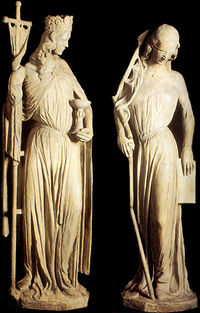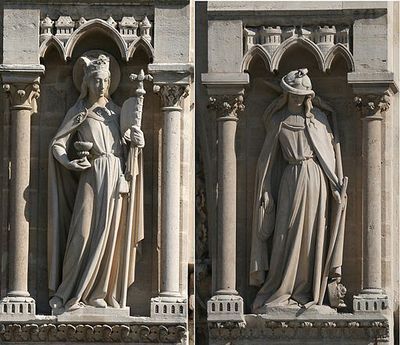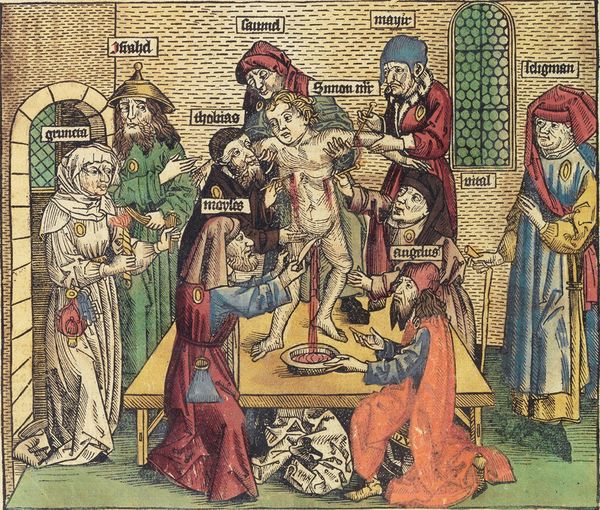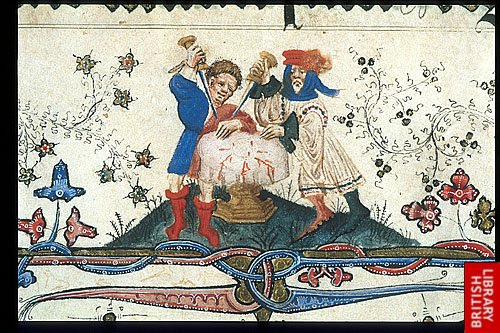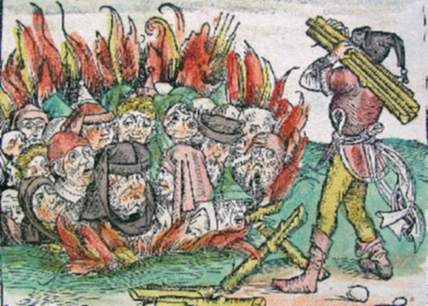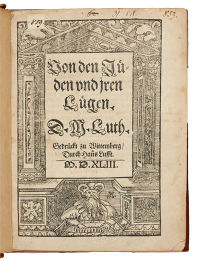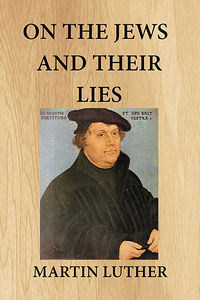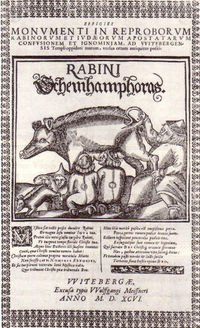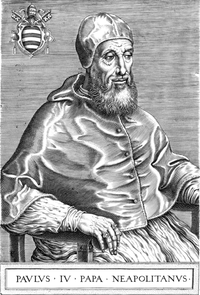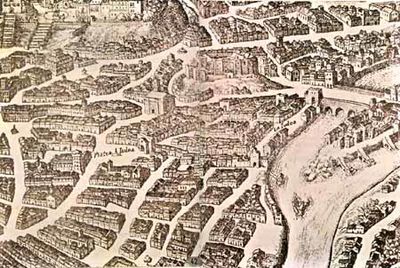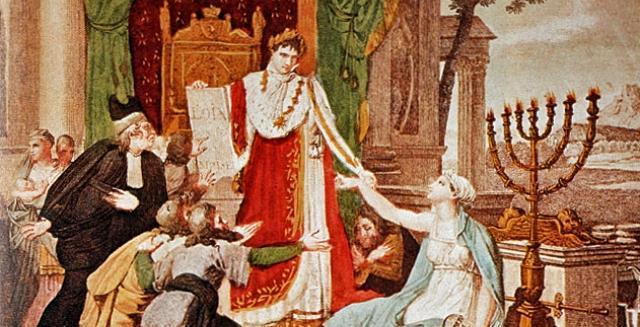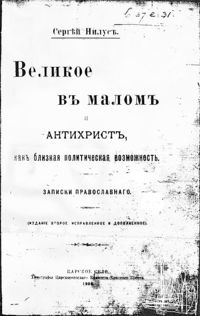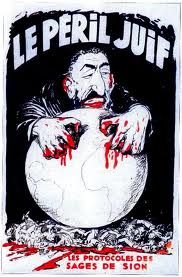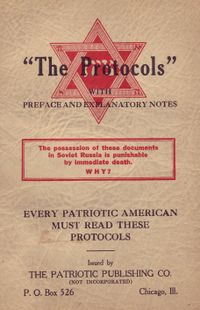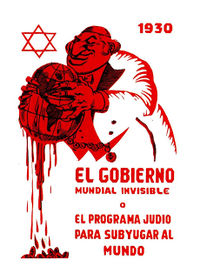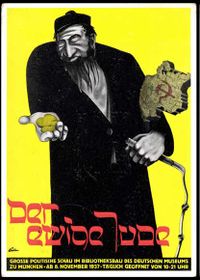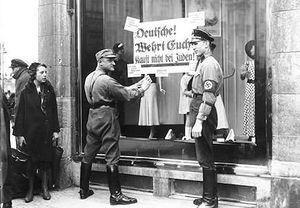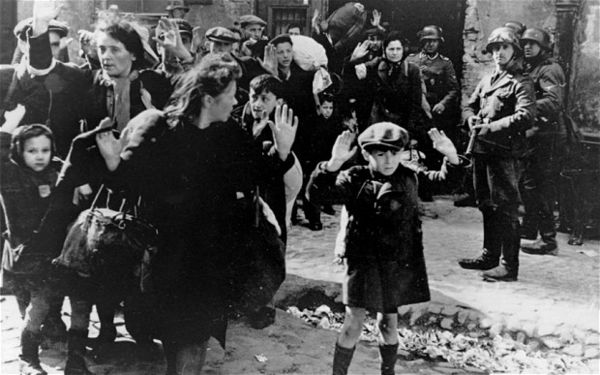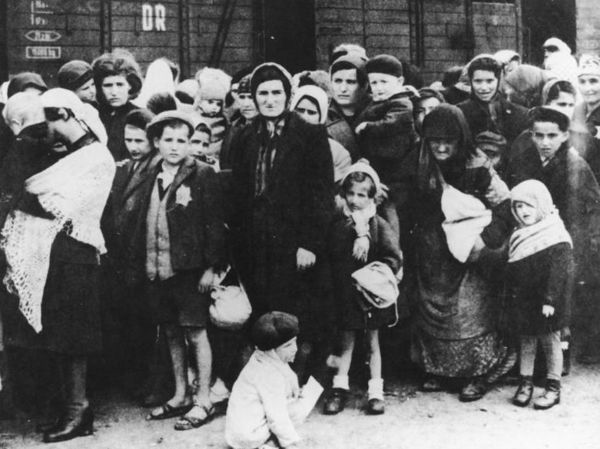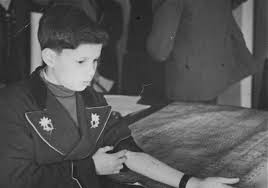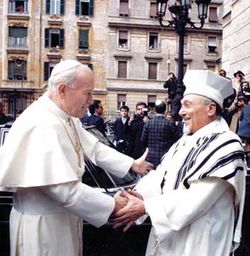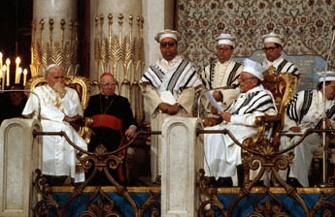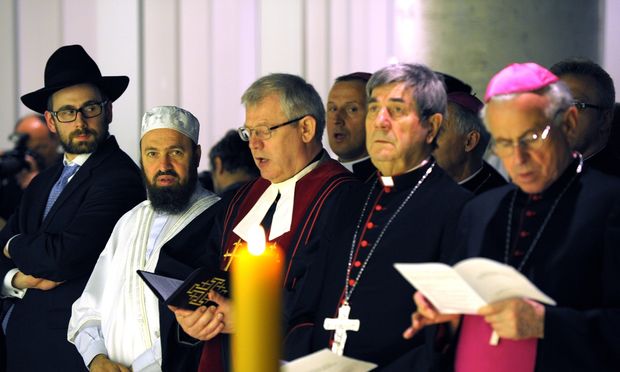Jewish-Christian Relations
A sibling rivalry
Christianity was born as a Jewish messianic movement. The first Christians were fully aware of their Jewishness:
- Paul: “Has God rejected his people? By no means!… God has not rejected his people whom he foreknew…If some of the branches were broken off, and you, a wild olive shoot, were grafted in their place to share the rich root of the olive tree, do not boast over the branches… Remember that it is not you that support the root, but the root that supports you” (Rom 11)
After the year 70 and the destruction of the Temple gradually parted from the other forms of Judaism. The Jewishness became a matter of controversy even within the Christian movement. On one hand, we have the Gospel of Matthew:
- “I have come not to abolish the Law and the Prophets… but to fulfill… Whoever breaks one of the least of these commandments and teaches others to do the same, will be called least in the kingdom of heaven” (5:17-20).
On the other hand we have the Letter of Barnabas:
- Some people are wrong “saying that the covenant is both theirs and ours. For it is ours. They (the Jews) permanently lost it…Their covenant was smashed—that the covenant of his beloved, Jesus, might be sealed in our hearts, in the hope brought by faith in him” (4:6-7,10). “They violated [God’s] Law, because an evil angel instructed them...” (9:4).
The parting of the ways between Christianity and Judaism brought about episodes of strong confrontation between the two groups, which led to a mutual estrangement and hatred.
Medieval Anti-Judaism
The rise of Christianity to official religion of the Roman empire unlashed anti-Judaism:
The Middle Ages saw the spreading of malicious prejudices against the Jews. They were falsely accused of kidnapping Christian children for bloody sacrifices (Blood Libel).
They were falsely accused of acting against the symbols of Christianity (Host Desecration).
As a result, thousands of Jews were persecuted, murdered, condemned to the stake:
The Ghettos
In 1543 Luther published an Antisemitic pamphlet, On the Jews and Their Lies, in which he says that the Jews are a "base, whoring people, that is, no people of God, and their boast of lineage, circumcision, and law must be accounted as filth." They are full of the "devil's feces ... which they wallow in like swine." The synagogue was a "defiled bride, yes, an incorrigible whore and an evil slut ..." He argues that their synagogues and schools be set on fire, their prayer books destroyed, rabbis forbidden to preach, homes razed, and property and money confiscated. They should be shown no mercy or kindness, afforded no legal protection, and these "poisonous envenomed worms" should be drafted into forced labor or expelled for all time. He also seems to advocate their murder, writing "[w]e are at fault in not slaying them". A few months later, Luther wrote another antisemitic pamphlet (Vom Schem Hamphoras), in which he again argued that the Jews were no longer the chosen people but "the devil's people". Luther's writings would be used extensively by the Nazis.
In 1555, Pope Paul IV issued papal bull “Cum nimis absurdum which created the Ghettoes, city quarters where the Jews were forced to live, segregated from the rest of the population.
Only after the French Revolution (1789), Jews obtained civil rights in some parts of Europe and ghettoes were abolished:
The Holocaust
The worst however had yet to come. Anti-Semitism spread throughout Europe by the end of the 19th century. In 1903 an anonymous pamphlet, The Protocols of the Elders of Zion, falsely accused the Jews of plotting for world domination. This antisemitic hoax was first published in Russia, but was soon translated in all major languages and circulated throughout the world, including the United States, where Henry Ford funded printing of 500,000 copies in the 1920s.
Antisemitism led in the 1930s to the emanation of racial laws against the Jews by Fascist regimes in many European states, notably, Germany and Italy. Jews were commonly excluded by many Universities and social clubs even in democratic countries like the United States.
During the Holocaust, 6,000,000 Jews were murdered:
The Beginning of the Christian-Jewish dialogue
After WW2, relations between Jews and Christian have radically improved.
In the Vatican II a document, called Nostra Aetate (1965), was approved by the Catholic Church, condemning antisemitism and calling for a relations between Christians and Jews based on mutual respect and friendship.
- "Sounding the depths of the mystery which is the Church, this sacred Council remembers the spiritual ties which link the people of the New Covenant to the stock of Abraham. Indeed the Church reproves every form of persecution against whomsoever it may be directed. Remembering, then, her common heritage with the Jews and moved not by any political consideration, but solely by the religious motivation of Christian charity, she deplores all hatreds, persecutions, displays of antisemitism leveled at any time or from any source against the Jews."
Today It has become common to see Christian, Jewish and Muslim leaders praying together and taking part in common celebrations.
